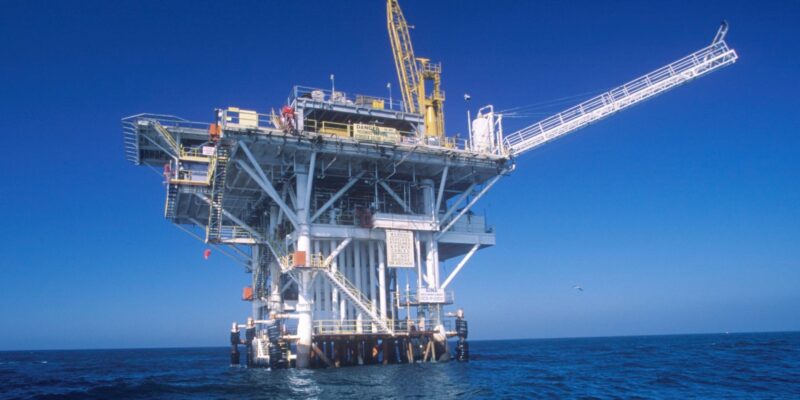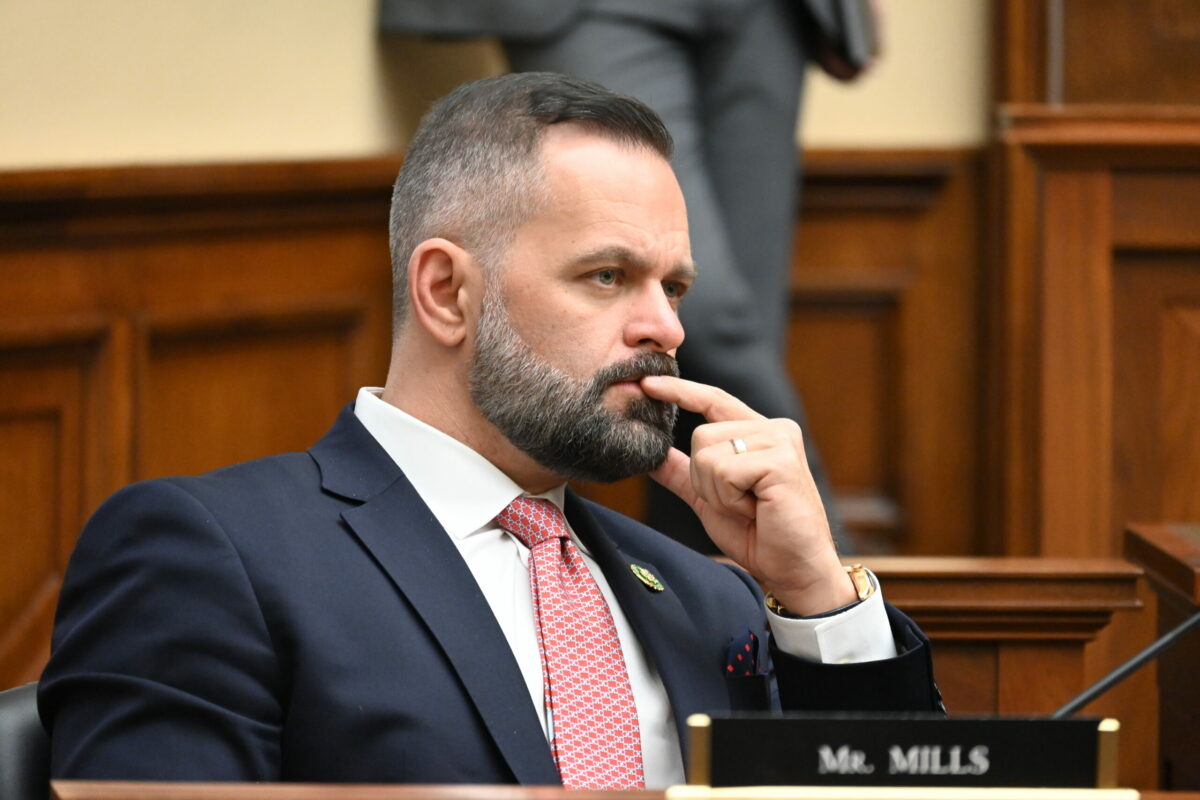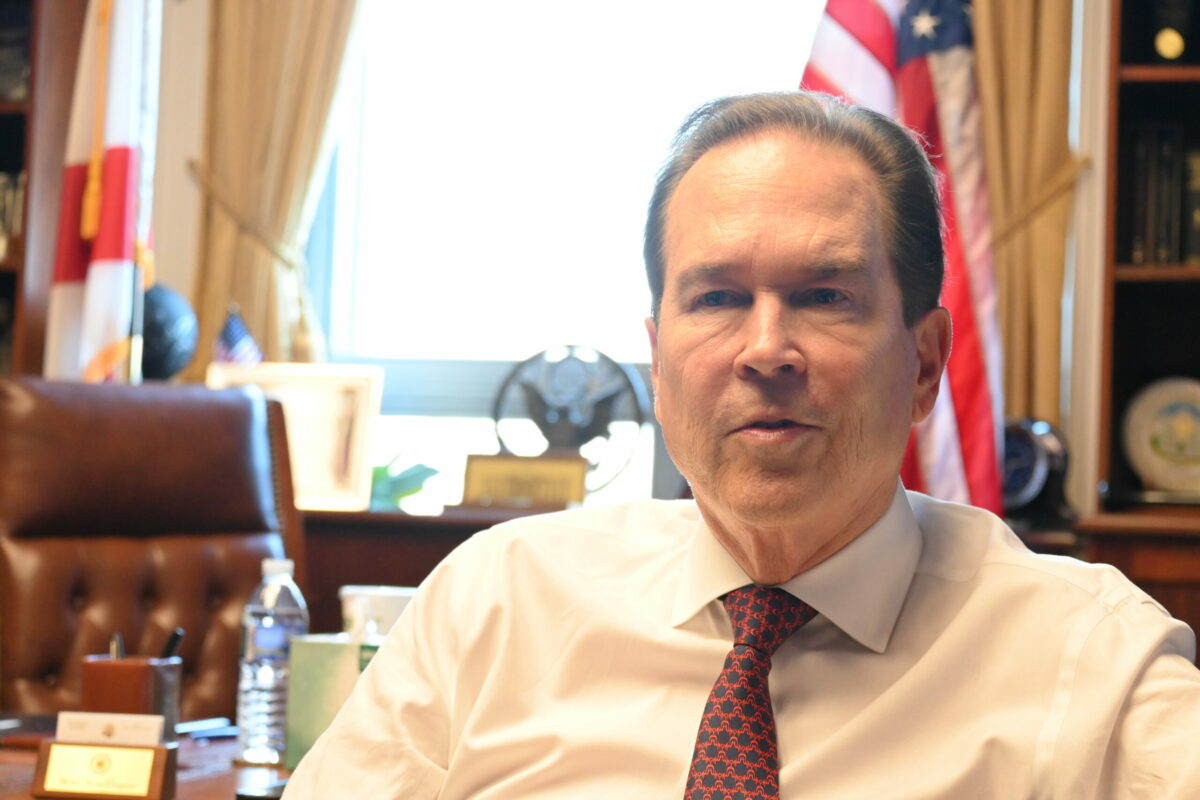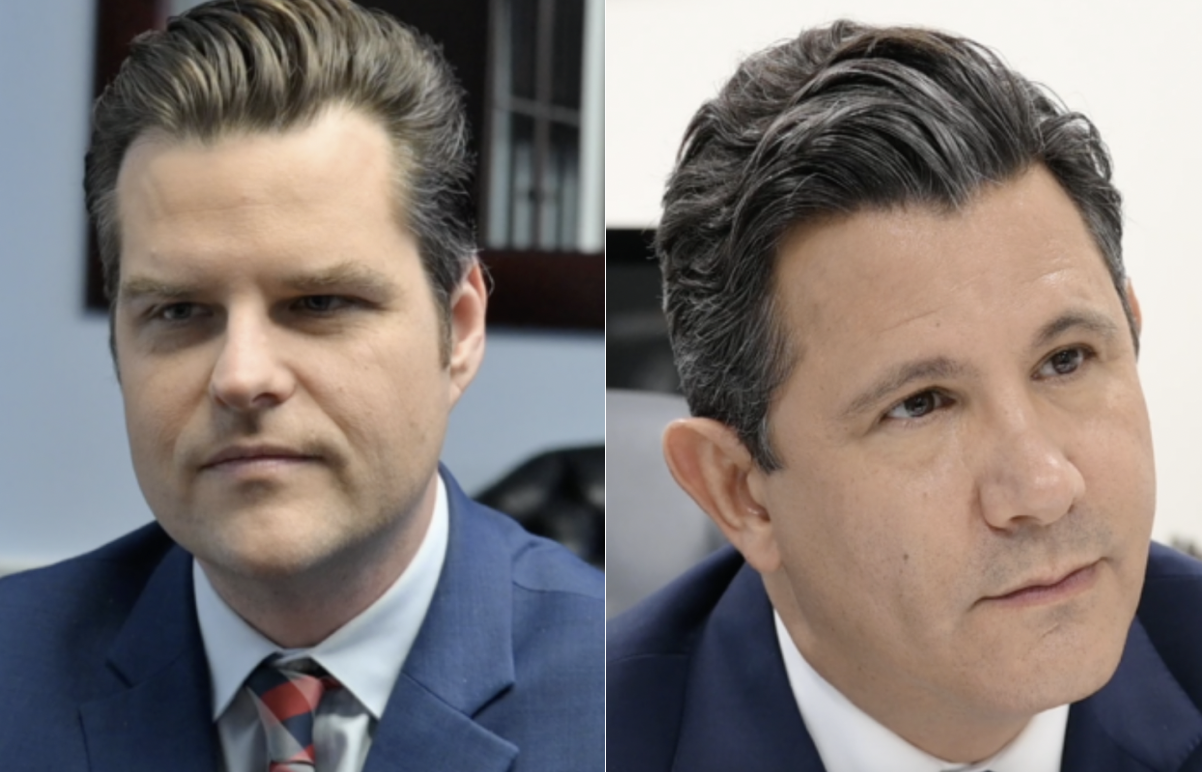Today, a substantial portion of the Eastern Gulf of Mexico off Florida’s coast cannot realize its potential for oil and gas exploration because of a moratorium. The moratorium, passed in 2006, is set to expire in 2022. Unfortunately, Florida Senators Marco Rubio and Rick Scott are pushing to block offshore energy exploration in Florida for another decade with a new amendment. While concerns for tourism in Florida are driving this, using the excuse that removing the moratorium will hurt military operational needs is nonsense. Extending the moratorium would jeopardize America’s national security and the state’s military personnel.
From a military standpoint, the moratorium blocking offshore energy in the Eastern Gulf of Mexico makes little sense and an extension of the measure makes even less. First, more domestic energy supply is good for our military, which remains the world’s single largest purchaser of fuel, particularly when it comes to light refined petroleum products such as jet fuel and diesel. More domestic supply lowers cost. Producing more oil at home, in contrast to buying it from our adversaries, would also be a strategic advantage, as it would be a source with which no enemy could interfere.
The Department of Defense (DOD) has considerable experience working with the Department of Interior (DOI) in a way that allows military activity and offshore development to co-exist peacefully. Standard military-focused stipulations have been applied to Gulf of Mexico energy leases since 1977 and a Memorandum of Agreement between DOD and DOI regarding the Outer Continental Shelf has been in place since 1983. Citing military concerns as a way of blocking energy exploration in the Gulf of Mexico directly contradicts decades of real-world experience. In short, oil exploration would not hinder military operations.
The military itself has affirmed that oil and natural gas offshore activities can be performed safely alongside U.S. military operations. In the last DOD compatibility report looking at military activities in the Eastern Gulf, it was revealed that only 11 percent of the area studied by DOD is incompatible with energy production. In much of the Eastern Gulf, the military has clear stipulations that dictate when energy producers must suspend oil and gas operations or require evacuation of personnel to accommodate military activities.
A May 2018 DOD report on military readiness in the Eastern Gulf reaffirms this fact, adding that ever-improving technologies now enable basic offshore energy development procedures such as safe seismic research to determine the location and volumes of oil and natural gas to take place without disrupting military needs. DOI also reported in July 2017 that 36 percent of active leases in the Central Gulf of Mexico, where drilling and production are allowed, are in operating military areas.
The effort by Senators Rubio and Scott to extend the moratorium through 2032 is unwarranted from a military standpoint and a disservice to the military personnel and veterans who call Florida home. American oil and natural gas are our best investment for national security for the foreseeable future, not only strengthening our economy but also providing an economic strategic advantage. The military should not be used as a means to bolster a political position when no military issue is at stake.
In the end, it’s better for our economy that significant investments flow to U.S. oil and gas plays rather than to those in Mexico, which now has more acreage under lease than the U.S.-controlled Gulf of Mexico area. It’s also better that the massive reserves of oil and gas located right off America's shores are put to use fueling the needs of consumers and the U.S. military, rather than enriching our competitors.
 Steve Bucci, who served America for three decades as an Army Special Forces officer and top Pentagon official, is a visiting research fellow at The Heritage Foundation whose expertise includes cybersecurity, military special operations, and defense support to civil authorities.
Steve Bucci, who served America for three decades as an Army Special Forces officer and top Pentagon official, is a visiting research fellow at The Heritage Foundation whose expertise includes cybersecurity, military special operations, and defense support to civil authorities.











